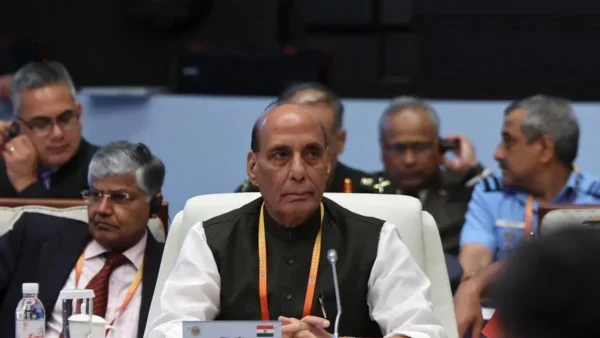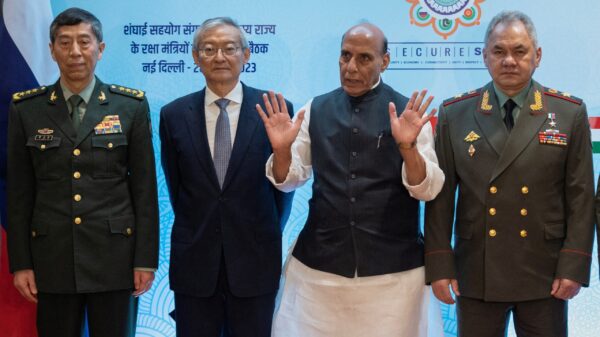India’s Refusal to Sign the SCO Joint Statement
India has sparked diplomatic discussions by refusing to sign the joint statement at the recent Shanghai Cooperation Organization (SCO) summit. The statement, which was issued by all SCO members, included a condemnation of terrorism in Balochistan. A region that has been a longstanding source of tension between India and Pakistan. India’s decision not to endorse the statement stems from its belief that it unfairly favors Pakistan, particularly on the issue of cross-border terrorism. India has been vocal about its concerns regarding Pakistan’s role in supporting terrorism. This statement seemed to side-line India’s security concerns.

The Controversy Over Balochistan and Terrorism
The controversy intensified after the SCO members condemned terrorism in Balochistan, a region where separatist movements and insurgencies have plagued Pakistan for years. While the condemnation of terrorism was expected, India saw the statement as unbalanced, arguing that it did not sufficiently address Pakistan’s involvement in fostering terrorism within its own borders, especially in Kashmir. India’s refusal to sign the statement thus underscores the growing geopolitical divide between India and Pakistan within the context of multilateral discussions.
Implications for India’s Geopolitical Strategy
This diplomatic rift highlights India’s firm stance on regional security issues and its commitment to ensuring that its national interests are not overlooked in international forums. The move could have wider implications for India’s relationships within the SCO, signaling its reluctance to endorse statements that do not align with its security priorities. With tensions rising, the world is watching to see how this decision will influence India’s future role in the SCO and its interactions with Pakistan on the international stage.
